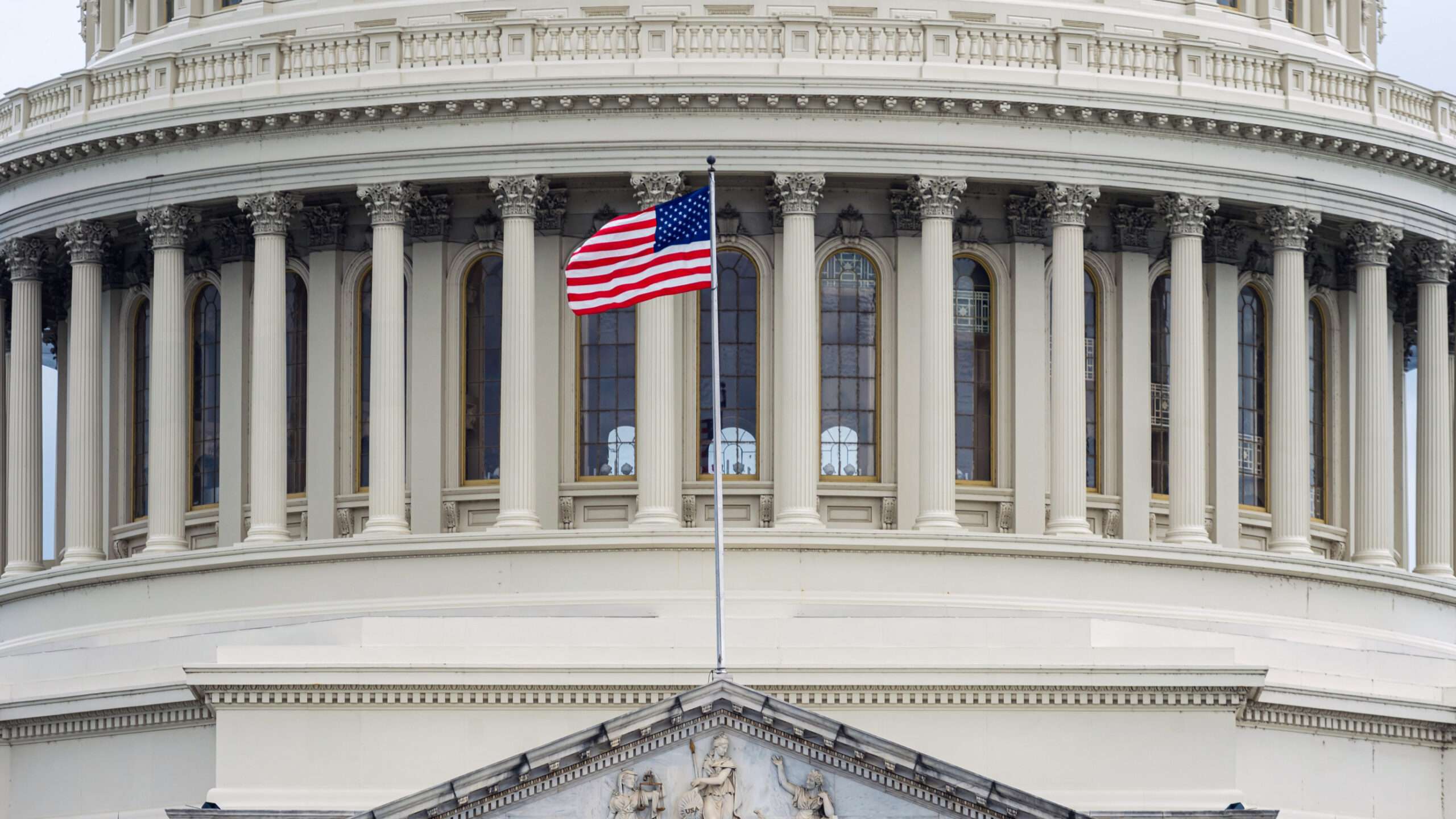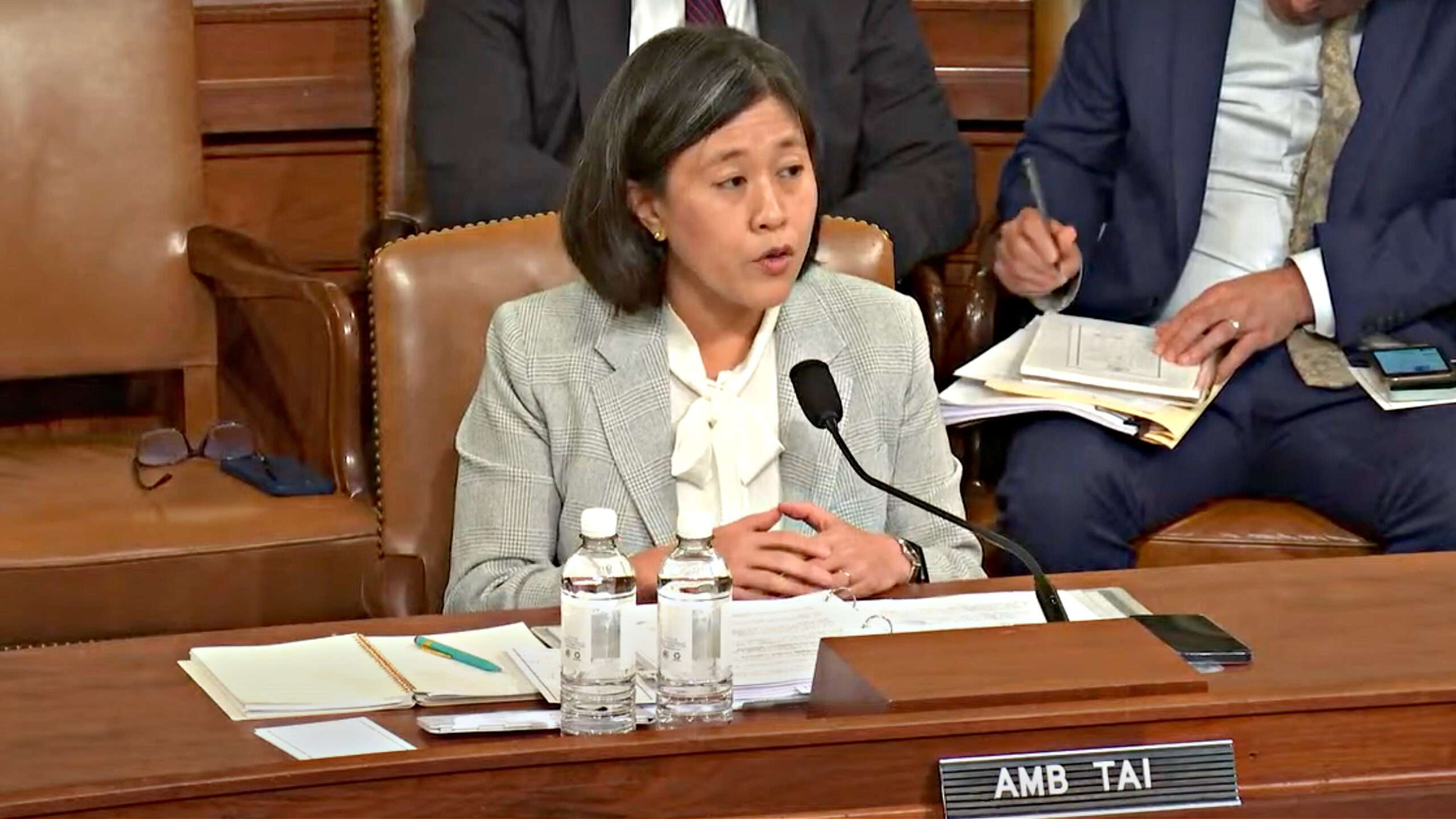
The Donald Trump-led Republican presidential field has attracted outsize attention for eccentricity. With less notice, it is also pointing America to a very different tax system.
[ by John Harwood | November 20, 2015 | New York Times ]
That’s not because specific tax proposals that various Republican candidates have advanced will become law anytime soon. Because the proposals would generally increase the budget deficit and confer disproportionate benefits on the affluent, nearly all congressional Democrats and even some Republicans would resist them.
But the broad direction of their proposals — toward taxing spending rather than income — is one that many economists in both parties applaud. It is also one that politicians, of necessity, may eventually embrace.
Senator Ted Cruz of Texas and Senator Rand Paul of Kentucky do it most explicitly by proposing variations on “value-added tax” systems used by European countries. Considered politically toxic in the United States — which helps explain why neither candidate invokes the name — VAT systems function as national sales taxes.
But other Republicans would also move, if less directly, toward taxing consumption (what economists call spending) and away from taxing income. Mr. Trump says his plan would eliminate income taxes for more than half of American households. Jeb Bush, the former Florida governor, and Senator Marco Rubio of Florida would let businesses immediately write off capital investment. Mr. Rubio would eliminate taxes on investment income.
“Every one of the Republican plans I have looked at closely has more of a consumption basis,” said Leonard Burman, a former official in President Bill Clinton’s administration who directs the Urban-Brookings Tax Policy Center.
Democratic politicians typically oppose taxing consumption on fairness grounds; lower earners spend a greater proportion of their income than higher earners. They favor what are called progressive taxes, those that tax a higher proportion of wealthier people’s income. That instinct is especially acute in an era of stagnant middle-class wages and widening income inequality.
Yet Democratic economists, like their Republican counterparts, say taxing consumption encourages savings, investment and greater economic growth. Moreover, the very income trends Democratic politicians point to with alarm complicate their ability to raise enough revenue to finance government programs without increasing burdens on the middle class as well as the affluent.
“We’ve come close to maxing out the amount of progressivity we can get from the existing tax system,” said Peter Orszag, President Obama’s first budget director.
The political difficulty of replacing entrenched systems represents a huge barrier. That’s why Mr. Obama’s health care law grafted changes onto the existing structure of American health insurance rather than create an entirely new one. So even economists who favor consumption taxes agree that movement toward them will be incremental.
“On a blackboard, the VAT’s a great tax,” said Douglas Holtz-Eakin, a former adviser to President George W. Bush and a former director of the Congressional Budget Office. But “it is a better use of political capital,” he added, to pursue a hybrid system, including some sort of consumption levy alongside an income tax targeted at higher earners.
Some variations on that theme hold potential for developing bipartisan support. Senator Ben Cardin of Maryland, a Democrat on the finance committee, advocates a “progressive consumption tax” modeled after one developed by Michael Graetz, a Columbia University professor and a tax official under President George H.W. Bush.
Mr. Cardin has proposed a 10 percent VAT to go with a 17 percent corporate tax rate and a pared-down personal income tax applied only to income above $50,000 for individuals and $100,000 for couples. To satisfy his party’s desire not to shift tax burdens down the income scale, his plan calls for rates that rise with earnings to a maximum of 28 percent and includes rebates for low- and moderate-income families.
Senator Sheldon Whitehouse, a Democrat from Rhode Island, in the name of curbing climate change and enhancing growth, has proposed taxing carbon emissions. He would use the proceeds to cut corporate tax rates, give workers a $500 annual tax credit and provide retirees a new $500 annual benefit.
The fact that Mr. Whitehouse’s bill has only one Democratic co-sponsor and no Republicans shows its near-term prospects are no better than, say, Mr. Cruz’s plan for a 16 percent “business transfer tax” coupled with a 10 percent flat income tax. The value of both, as looming baby boomer retirements promise to swell Social Security and Medicare expenses beyond the current tax system’s ability to finance them, is in new thinking that expands the scope of possible solutions.
“There’s no way we can keep the promises we’ve made to senior citizens and others without a new revenue source,” said Mr. Burman of the Tax Policy Center. Proposals so far from the Democratic front-runner, Hillary Rodham Clinton, to raise taxes on short-term capital gains, he added, amount to “just kind of tinkering around the edges.”
Sooner or later, “I think we will have a consumption tax,” Mr. Burman said. “It’s a good thing for people to talk about.”













